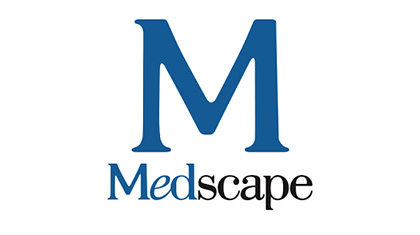
Watch Eric J. Topol, MD; Cheryl Pegus, MD, MPH; Maurie Markman, MD, MS; Gregory R. Weidner, MD and Michael W. Smith, MD, MBA, CPT at Medscape’s Medicine 3.0: Precision Medicine and Patient Engagement.
The event was held in September in New York City. During this portion of the town hall-style discussion, attendees asked questions of the expert panelists on how to better engage patients and how a more engaged patient might help the clinician in their own practice of medicine.
This transcript has been modified for clarity.
Was the EMR Price Tag Worth It?
Eric J. Topol, MD: We have a problem that with the Affordable Care Act, about $40 billion were used to encourage doctors and hospitals to use electronic medical records (EMRs). Was this a good decision, Greg? Where do we stand with the liberation of the data to people?
Gregory R. Weidner, MD: Thanks for serving me up a softball, noncontroversial question. I’ll go back to what I said earlier about meaningful use. It was a critical, foundational piece of our digital infrastructure in healthcare. Did it focus on all of the right things? Did it achieve all of the results we hoped for? That’s open for discussion.
But it did accelerate the digitization of healthcare so that we could have the potential to do the kinds of things we are talking about. In this section of the panel, we’re talking about patient engagement. If you look at the trajectory of the high-level meaningful use goals for stage 2 and stage 3, it was engagement of patients and families. Things like patient portals and the release of data to patients with timetables assigned for that go a long way to trying to achieve those goals.
Is it everything we need? No. It’s a start. But at least it gets us moving in that direction. We talked a little bit about what patients could see from the EMR. In addition to a typical patient portal where one can see their health record, there is the concept of open notes, which is rapidly becoming an evidence-based intervention. People who have access to open notes use them, and they share them with their family members and caregivers. The data suggest that patients improve their adherence with medications and their understanding of their care. There are some evolving data and some increasing studies of medication and healthcare safety with respect to access to open notes. The envelope is really being pushed on this, even into behavioral health and other areas where you would think giving people access to their medical records and all of their notes isn’t necessarily advisable. We’re challenging all of those assumptions.
Read the entire transcript here!



